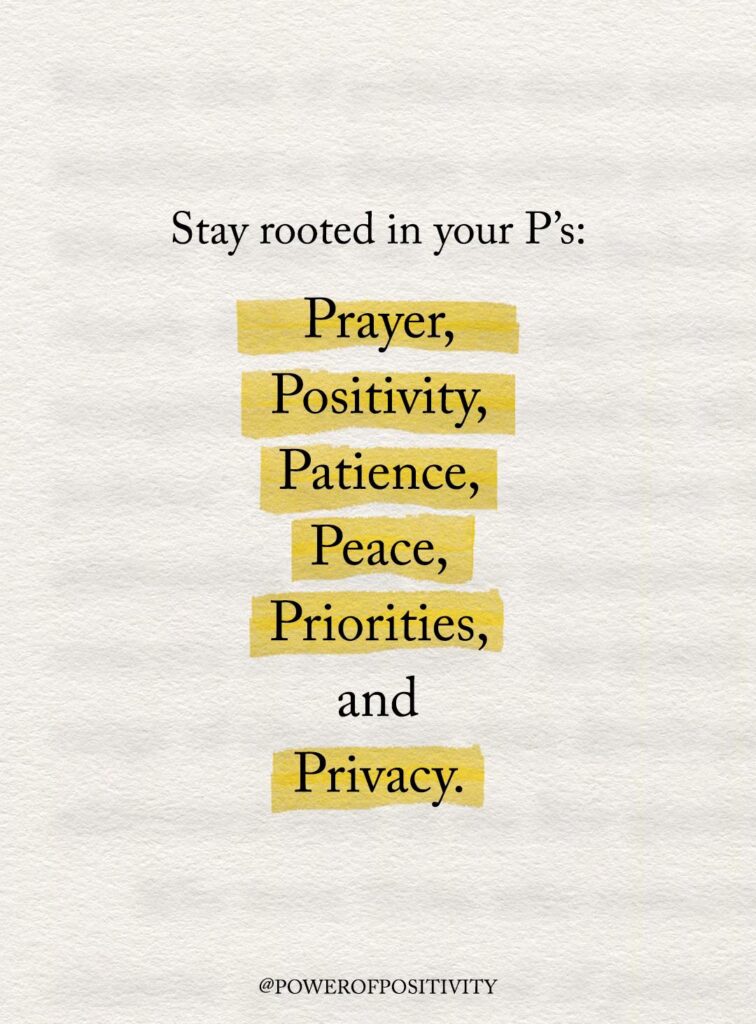What if the biggest change in your money wasn’t about earning more—but thinking differently about what you already have? How often do we rush to fix our finances by focusing only on the next paycheck or the next goal? Gratitude asks a different question: What’s already working?
Instead of chasing more, it helps you notice enough. And that small shift can reshape how you handle money every day.
Does feeling thankful really help you spend less or save more? Yes—and not because it’s “positive thinking,” but because it changes your focus. Gratitude quiets the pressure to keep up and helps you make better choices. That’s how it can improve your finances in a real, lasting way.
What Gratitude Actually Does to the Brain and Behavior
Did you know that being thankful can actually help you make better money choices? It’s not just a feel-good idea—it changes how your brain works.
Here’s how gratitude can shift your habits in real ways:
- It lowers impulse spending.
Grateful people tend to feel more content, which makes them less likely to spend just to feel better. That means fewer random purchases and more thoughtful decisions. - It builds long-term thinking.
When you’re thankful for what you have now, you’re less likely to chase quick wins. You’re more focused on saving, planning, and building something steady. - It lowers money stress.
Stress often leads to bad choices. Gratitude helps you stay calm, so you’re not making money moves out of fear or pressure.
How Gratitude Helps Break the “More, More, More” Cycle
Have you ever felt like no matter how much you earn or buy, it’s still not enough? That constant need for more—more income, a bigger house, the latest phone—can quietly drain your energy and your wallet.
Gratitude helps press pause on that cycle. It shifts your focus from what’s missing to what’s already working. When you feel thankful for what you have, you stop chasing things that don’t actually add value to your life.
You start spending with purpose. You take care of the things you already own instead of rushing to upgrade. And in many cases, that mindset leads to fewer impulse buys—and more money saved.
The truth is, always wanting more can keep you stuck. But feeling like you already have enough? That’s what creates space to improve your finances in a way that feels calm and steady—not rushed or pressured.
7 Ways Gratitude Can Show Up in Everyday Financial Habits
The way you think about money shows up in the little things you do daily. Gratitude doesn’t just change how you feel—it changes how you act. Here are seven simple habits where being thankful can help improve your finances in a steady, lasting way.
1. You Pause Before Making a Purchase
Before reaching for your card, gratitude helps you ask, “Do I really need this?” Instead of buying to feel better, you slow down and think it through. That small pause often stops regret later. Over time, this one habit can lead to fewer impulse buys and more intentional spending.
2. You Value What You Own Instead of Always Wanting More
When you appreciate what you already have, you treat your stuff with care. That old phone, car, or coat becomes “good enough” instead of something to replace. Less chasing upgrades means less spending—and that simple mindset shift can quietly improve your finances without even feeling like a sacrifice.
3. You Set Financial Goals That Align With Values, Not Trends
Gratitude clears out the pressure to impress anyone. You stop trying to copy what others are doing and focus on what actually matters to you. That could mean saving for family time, not just flashy things. Your goals become more meaningful—and easier to stick to.
4. You Feel Less Shame Around Your Financial Past
Grateful thinking helps you focus on progress, not just past mistakes. Instead of beating yourself up for poor choices, you see how far you’ve come. That mindset builds confidence and gives you the emotional energy to keep going. Less shame leads to more action, which helps improve your finances over time.
5. You’re More Generous—But Smarter About It
Gratitude often makes people want to give. But instead of giving out of guilt or pressure, you do it with more thought. You pick causes that mean something to you and give in ways that feel right for your budget. That kind of giving builds purpose, not stress.
6. You Handle Setbacks Without Spiraling
When things go wrong, gratitude keeps you from falling apart. You can still feel the stress, but you also notice what’s going well. That balance helps you stay calm and make smart choices. It’s easier to bounce back when you’re grounded in what’s working.
7. You Actually Enjoy Your Financial Wins
Some people hit a goal and rush to the next one. Gratitude lets you slow down and say, “This matters.” You celebrate progress—big or small—and that keeps motivation high. Feeling proud of your wins can strengthen habits that improve your finances again and again.
Gratitude Makes You a Better Financial Partner
Money talks can be tough—especially when two people see things differently. But gratitude can make those conversations easier, not harder. When partners feel seen and appreciated, they tend to work as a team instead of pulling in opposite directions.
Feeling thankful for what each person brings to the table builds trust. You’re less likely to argue over small things when you both feel respected. Gratitude makes space for calmer talks, even during disagreements.
It also shifts the focus from blame to problem-solving. You start thinking, “How can we fix this together?” instead of “Who messed up?”
Tough money talks don’t have to turn into fights. Gratitude helps both people feel heard, which makes solutions easier to find. And when both sides feel valued, it creates a stronger foundation—not just for your relationship, but also for habits that quietly improve your finances together.
Why Gratitude Builds Better Financial Confidence
Confidence with money doesn’t come from perfection. It grows when you realize you’re already doing some things right.
Gratitude helps you focus on progress instead of always spotting the next problem. That shift matters more than you think. When you feel good about where you are, you’re more likely to keep moving forward.
You start second-guessing yourself less. You begin trusting your plan more. And instead of rushing to “fix” everything, you feel better about taking steady steps.
Even when your goals take time, you feel more at peace. Gratitude gives you the boost to stick with your decisions and trust your direction—one small win at a time. And that mindset can absolutely improve your finances over the long haul.
The Right (and Wrong) Ways to Practice Gratitude Around Money
Gratitude isn’t about ignoring your bills or pretending everything’s fine. It’s about noticing what is going okay—even if it’s just one small thing.
You’re not brushing off real problems. You’re just choosing to also see the good stuff. Things like writing down what you’re thankful for, sending a thank-you note, or taking five quiet minutes to reflect can shift your mood.
What doesn’t work? Telling others how they should feel. Saying “Just be thankful” can come off as judgment, not support.
The real power of gratitude comes when it’s personal—when you decide to focus on what’s working. That quiet shift can improve your finances and your peace of mind, without forcing anything fake.
Final Thoughts on How Gratitude Can Actually Improve Your Finances
Quick fixes rarely change money problems for good. But a shift in how you see your money? That can change everything. Gratitude takes the pressure off and helps you focus on what’s already going right.
You stop rushing, start choosing more carefully, and learn to feel good about progress—even the small stuff. That alone can lead to better habits and smarter choices.
Over time, these changes don’t just add up in your wallet—they show up in your peace of mind, too. Gratitude keeps you grounded, steady, and clear—and that’s exactly how you improve your finances in a lasting way.















